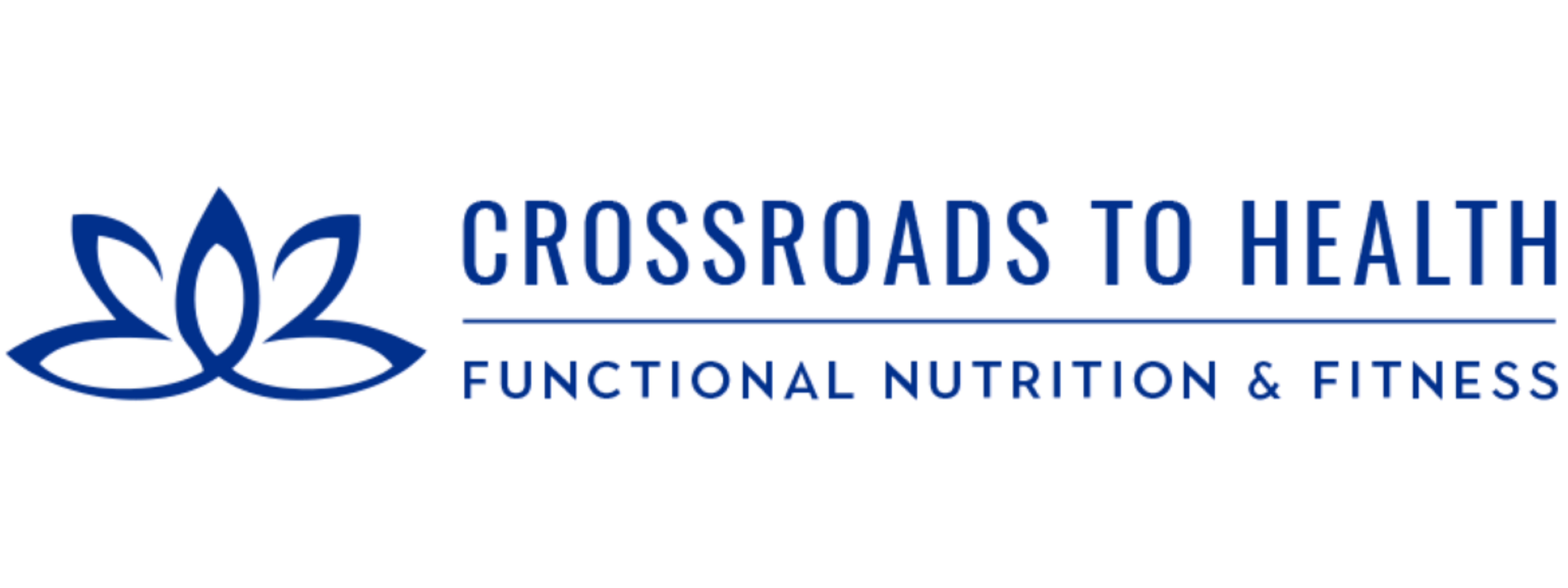How a Low Fat Diet Can Harm your Weight and Overall Health
Fats are an essential nutrient and one of the primary energy sources for the body. They also play a big role in weight management, absorbing nutrients, maintaining healthy skin and hair, supporting immune function, and hormonal balance.
While a balanced diet that includes plenty of plant foods is key for long-term health, fats are actually needed to properly absorb the fat-soluble vitamins found in many plants — including vitamin A, D, E and K.Most healthy sources of fat are also fat-burning foods. Their ability to make our food taste good, turn off hunger and stop overeating by making us feel satisfied, has a lot to do with weight management.
Fats Get a Bad RapFor decades, we’ve been told to avoid fatty foods like coconuts, eggs, fatty cuts of meat and full-fat dairy. Since the government’s 1980 Dietary Guidelines were established over 30 years ago, dietary policy has focused on reducing total fat in the American diet to no more than 30 percent of a person’s daily calories. And many of the most popular “diet plans” over the years have reduced fat to much lower levels than this.
Not all fats are created equally and not all affect the body in the same way. While processed and refined fats found in boxed foods and most restaurant fare can be harmful, other types of natural fats have beneficial, life-extending properties. When we miss out on fats in our diets, we can quickly find ourselves feeling tired, moody, constantly hungry, unable to kick cravings and resentful over our restrictive diets.
Low Fat Diet Risks That May Surprise You
We hear much more about healthy fats in the mainstream media today but low-fat, diet and light products of all sorts continue to pack grocery store shelves — what are the real risks of consuming these foods over the full-fat varieties?
1. Poor Brain Function
The brain is largely made up of fat and requires a steady stream of fatty acids to perform optimally. Cholesterol has an important role as a critical brain nutrient, so despite what most people think, low cholesterol levels can be worse than high. This means that a major low-fat diet risk includes poor job performance, low energy, changes in your mood, “brain fog” and so on.2. Compromised Heart Health
While we’ve been led to believe the opposite for many years, research continues to confirm that heart disease (including coronary artery disease, the leading cause of heart attacks) likely has much more do with inflammation — which is at the root of most diseases — than from high fat or cholesterol intake. This means that an inflammatory diet including lots of sugar, refined carbs, low-quality proteins and processed vegetable oils is actually more threatening to your heart that a diet high in fat — even saturated fat.3. Weight Gain and Overeating
Recent research involving weight gain (or loss) and fat intake points to an established relationship between fat intake, your hormones and weight fluctuations. We know that many people who go on “diets” tend to gain back all of the weight shortly after. Why does this happen?One explanation is that weight loss elicits biological adaptations that result in a decline in energy expenditure (adaptive thermogenesis) and an increase in hunger, both of which promote weight regain. But certain studies have found that a higher-fat diet with lower carbs can help prevent this from happening. In addition, most people find that diets higher in fat are more satiating and turn off hunger signals and appetite much more so than lower-fat diets do. This is because fats turn on your fat-burning switch by impacting ghrelin hormone levels.
4. Higher Risk of Insulin Resistance and Diabetes
Clinical studies have shown us that excess weight gain and insulin (or blood sugar control) are highly connected. Lower-fat, higher-carb diets might pose a higher risk for insulin resistance (and weight gain). But we know that eating plenty of healthy fats is one of the keys to controlling insulin. We also know that diets that are higher in fat tend to be lower in carbohydrates and sugar, which is beneficial for diabetes prevention.5. Hormone Imbalances (Including Sex Hormones Testosterone and Estrogen)
Eating enough fats is one of the most important things you can do to balance hormones naturally. Cholesterol and other fats play a fundamental part in building cellular membranes and hormones. Certain kinds of fats, including cholesterol, also act like antioxidants and precursors to some important brain-supporting molecules and neurotransmitters. These include vitamin D (which actually acts more like a hormone in the body more so than a vitamin) along with other hormones like testosterone and estrogen.One low-fat diet risk is an increased risk for infertility and other hormonal issues in women. Some studies have found that low-fat diets raise the risk of menstrual problems and difficulty getting pregnant. For example, a 2007 study conducted by the Department of Nutrition and Harvard School of Public Health found that high intake of low-fat dairy foods may increase the risk of infertility whereas intake of high-fat dairy foods may decrease this risk.
If you'd like to incorporate healthy fats and nutrition into your weight loss plan, schedule a free 20 minute strategy session and start working on your weight loss goals now.

